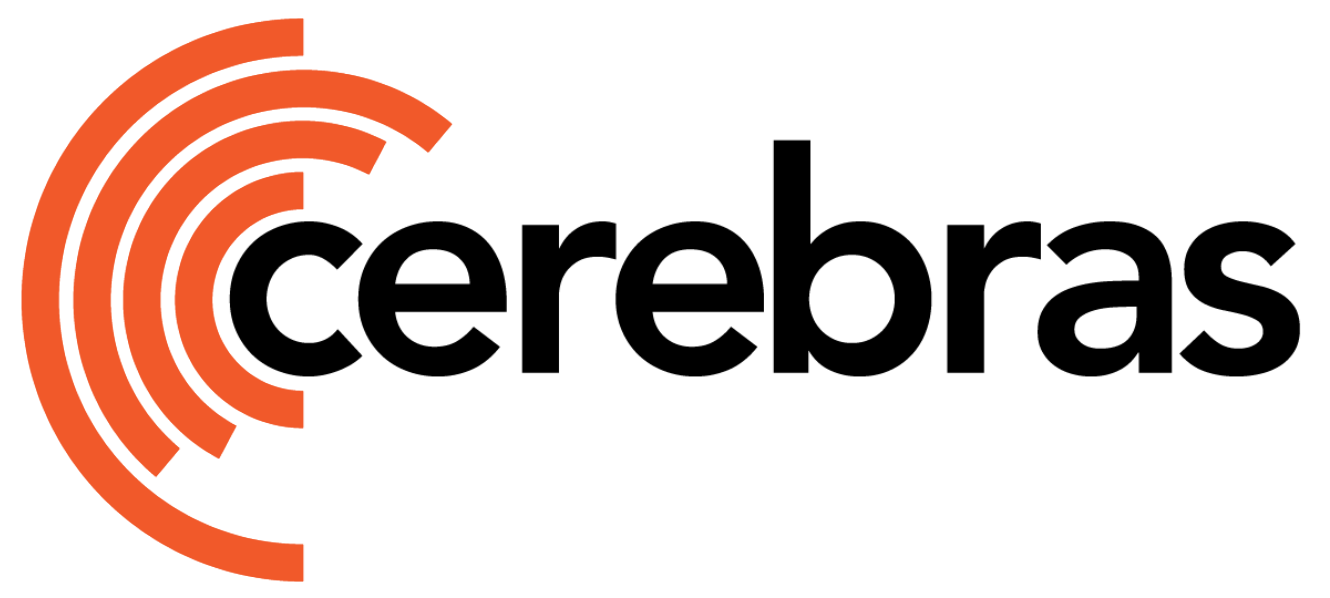Prerequisites
Please ensure that you have installed the Cerebras Model Zoo package by going through the installation guide. Note that BCEH version tested and packaged in the Cerebras Model Zoo is the pinned to this commit. Please also read through the Trainer Overview and Trainer Configuration Overview), as these guides will help understand how we configure running BCEH standalone.This guide configures the downstream BCEH run using V2 YAML. While release 2.3 includes support for legacy V1 YAML, please convert the configuration to V2 using
convert_legacy_params_to_trainer_params from the script src/cerebras/modelzoo/trainer/utils.py.Configure the Run
This section covers the required steps for setting up an BCEH run to perform standalone downstream validation on code generation tasks. In particular, you will need to write a YAML configuration file to configure an instance of theTrainer callback.
The example in this section configure code evaluation on the bigcode eval harness task humaneval using a single CSX.
If you aren’t interested in seeing the break down of the configuration, feel free to skip ahead to the Putting it All Together section to see the full YAML configuration.
Configure the CSX Backend
The first step is to specify the CSX backend and resources required for the run. Please create a YAML configuration file with the following cluster config:num_csx to run BCEH on multiple CSXs for improved performance.
Configure the Model
Starting from release 2.4.0, specifying
model_name is now deprecated and replaced with name.To run downstream validation harness, you must specify the
name setting in the model configuration. Valid names corresponding to the supported models include:-
btlm -
bloom -
gpt2 -
gptj -
falcon -
gpt3 -
gpt-neox -
llama -
mistral -
mpt -
jais -
santacoder -
starcoder
Configure the BCEH Callback
BCEH is implemented as an extension to theTrainer callback.
Add the following configuration for the BigCodeEvalHarness callback.
bigcode_args section exposes the following settings configure the BCEH run:
| BigCode Eval Harness CLI Arguments | Description |
|---|---|
--prefix | Number of examples to be added to the fewshot context string. Defaults to 0 |
--temperature | Sampling temperature used for generation. |
--top_p | Top-p parameter used for nucleus sampling. |
--top_k | Top-k parameter used for generation. |
--n_samples | Number of completions to generate for each sample. Defaults to 1. |
--seed | Random seed used for evaluation. |
--tasks | Comma separated string specifying BigCode Eval Harness tasks. |
--instruction_tokens | A series of instruction tokens used for instruction-tuning benchamrks separated by comma e.g. <user_message>,<end_user_message>,<assistant_message> |
--max_length_generation | Maximum length of generated sequence (prompt+generation). |
--limit | Number of samples to solve and evaluate from the benchmark. |
--limit_start | Optional offset to start from when limiting the number of samples. |
--save_every_k_tasks | Optional saving after every k tasks. |
--load_generations_path | Path of file with previously generated solutions, if provided generation is skipped and only evaluation is done |
--load_data_path | Path of additional data to load for the tasks. |
--metric_output_path | Path to save the results. |
--load_generations_intermediate_paths | List of paths for saving the intermediate code generations. |
--save_generations_path | Path for saving the model’s output code generations. |
--save_references_path | Path for saving the references solutions/tests. |
--prompt | Prompt type to use for generation in HumanEvalPack tasks. |
--check_references | Don’t run generation but benchmark groundtruth (useful for debugging). |
| DataLoader Settings | Description |
|---|---|
data_dir | This setting is required. Provide a path to the mounted directory visible to the worker containers where eval harness task data samples are dumped after preprocessing. Use the mount_dirs argument to specify a dir mount, similar to our existing flows. |
tokenizer_file_path | Path to a custom tokenizer (JSON) file. If you provide a custom tokenizer, then you must also specify eos_id; otherwise, you must provide a pretrained tokenizer from Hugging Face in pretrained_model_name_or_path. |
pretrained_model_name_or_path | Hugging Face (HF) pretrained model name or path. This setting is required if you do not specify tokenizer_file_path. For detailed description, see HF AutoTokenizers. |
eos_id | End-of-sentence (eos) token ID to signal the termination of a sequence. This setting is required if you specify a custom tokenizer in tokenizer_file_path. You can set this by looking for the ID corresponding to the eos token in the custom tokenizer JSON file. |
max_sequence_length | Maximum length of the input sequence. This setting is required for preprocessing input data samples from the specified eval harness tasks. You should align the max_sequence_length field to the max_position_embeddings value in the model configuration of the YAML. If you don’t specify max_sequence_length, the flow defaults to this max_position_embeddings setting. |
keep_data_dir: Use this to preserve the preprocessed eval harness task data samples, i.e. the directory specified underdata_dir. Defaults to False, i.e. data samples are deleted after the run.
(Optional) Configure HuggingFace (HF) Cache Directory
BCEH utilizes HF’s APIs to download task data and other configurations. This data is by default cached under$HOME/.cache/huggingface.
However, you may choose to specify a different directory for this cached data via the HFCacheDir callback:
Configure Generation Settings
All BCEH tasks are generative (autoregressive) in nature. In order to run generative inference on CSX, you must specify the following inference settings in the model config of YAML file:-
start_token- ID of the special token that indicates where to start inferring for each sample, as described above. You may specify a list of token IDs instead of a single ID. If you do, the model will start inference at the first token that matches any one of the provided IDs. The model will pad inferred predictions with the first ID in the list. -
stop_sequences- List of sequences (each one being a list of token IDs). If any one of these sequences is emitted by the model, inference will stop for that sample. For example, suppose you would like to stop inferring after either a newline character (e.g. token id 1), or a combination of a period (e.g. token id 2) followed by a space (e.g. token id 3). In this case, set stop_sequences to [[1], [2, 3]]. To stop inferring after seeing a newline character only, set stop_sequences to [[1]]. To disable this feature, setstop_sequencesto an empty list []. Additionally, the following optional parameters may be set: -
max_tokens- Maximum tokens to infer for each sample. -
loop_dim- Indicates the sequence dimension in the input and output data. Default value is 1. If set to 0, indicates that both input and output data is transposed (i.e.sequence X samplesinstead ofsamples X sequence).
-
For
start_token, it is ideal to choose a value that’s not going to be generated by the model, i.e.vocab_sizein the example above. -
The code generation task itself defines
stop_sequences. For instance, see the specification of stop tokens for humaneval . The flow will internally override thestop_sequencesconfig with the value from the task, so you can also specify an arbitrary, valid value in the YAML as shown above.
Putting it All Together
Here’s what the full YAML configuration looks like once you follow this guide for configuring the individual pieces:Running BCEH on CS-X
Once the YAML configuration is complete, use the Model Zoo CLI to run standalone BCEH:- We support only a subset of BigCode’s command line interface (CLI) arguments as listed above.
-
You may also specify these arguments in the YAML under the
bigcode_argskey of theBigCodeEvalHarnessconfiguration, but please note that the CLI setting will override the settings in the YAML. -
The
paramsargument is required. Use it to specify the path to the YAML configuration file. -
Use the
--checkpoint_pathCLI argument to specify the path to the checkpoint file to load model weights from. If a checkpoint path is not provided, we support checkpoint autoloading in this flow such that the latest checkpoint file will be picked up from the specifiedmodel_dir.
Code Generation on CSX
We only support BCEH’s generation-only flow to generate model outputs and dump these generations to JSON files. Use the--save_generations_path argument to specify the path for saving the generations. If no absolute path is provided, the generations will be dumped inside of model_dir.
The code execution and evaluation flow is run on CPU, preferably in a sandboxed environment, using these dumped model outputs.
Example
Let’s assume that the YAML configuration file above is written to./llama3_8B_bceh.yaml. Then, to run code generation for task humaneval set up a bash script as follows:
temperature, top_k or top_p sampling to either the bash script or under bigcode_args of the YAML. For example:
Code Execution and Evaluation on CPU
To obtain the final eval scores, please clone BigCode’s official repository. Some BigCode tasks, such ashumaneval, require executing the model’s generated code for processing the final eval scores. Thus, for security purposes, use the instructions here to set up a containerized environment.
Finally, to obtain the final eval scores, invoke the BCEH’s main script using the --load_generations_path CLI argument.
Example Output
Please make note of the path of the model’s output generations in the logs, i.e.<path_to_bigcode_model_dir>/20240627_051131/bigcode_0/generations_humaneval_1.json.
Set up a bash script as follows to invoke the BCEH script:
./evaluation_results.json are as follows:
-
The
configsection of the final output JSON contains all the default values from BigCode’s CLI. Feel free to ignore this section and consider only the final eval score, i.e."pass@1": 0.13414634146341464above. -
Please ensure that
--check_referencesis set for tasks that require code execution. - Setting up a sandboxed environment to run code executions is optional.
-
Please ensure that the
--tasksargument specifies the correct task for which you produced the model’s output generations on CSX, i.e.humanevalin the example above.
Run Multiple Generative Tasks
You can run multiple tasks by configuring multipleBigCodeEvalHarness callbacks (one per task) in the YAML.
For example, you may update the YAML config as such to run downstream validation on generative tasks mpbb and humaneval:
Supported Tasks
- You may perform downstream validation on all BCEH tasks except for
DS1000, since it requires Python version 3.7.10, but we support 3.8.0 in our packaged environment.
Adding New Tasks
Please refer to BigCode’s new task implementation guide here to add new tasks.Limitations
- You may only specify running a single generative task at a time. You should configure multiple BCEH tasks via separate callbacks, as shown above.
- We only support the generation flow for BCEH. In order to run the code execution and evalution flow, please create a separate clone of the BCEH repository to obtain the final eval scores using the outputs generated on CSX.
-
Please turn on grad accumulation and choose a small micro batch size (between 16 to 32) under the
flagsconfiguration of theBigCodeEvalHarnesscallback of the YAML.
Conclusion
In summary, by following this guide you have run standalone downstream validation for the Llama3-8B model on BCEH’s taskhumaneval.
You should now be comfortable in configuring more downstream BCEH runs on your model of choice on even more code eval tasks.

